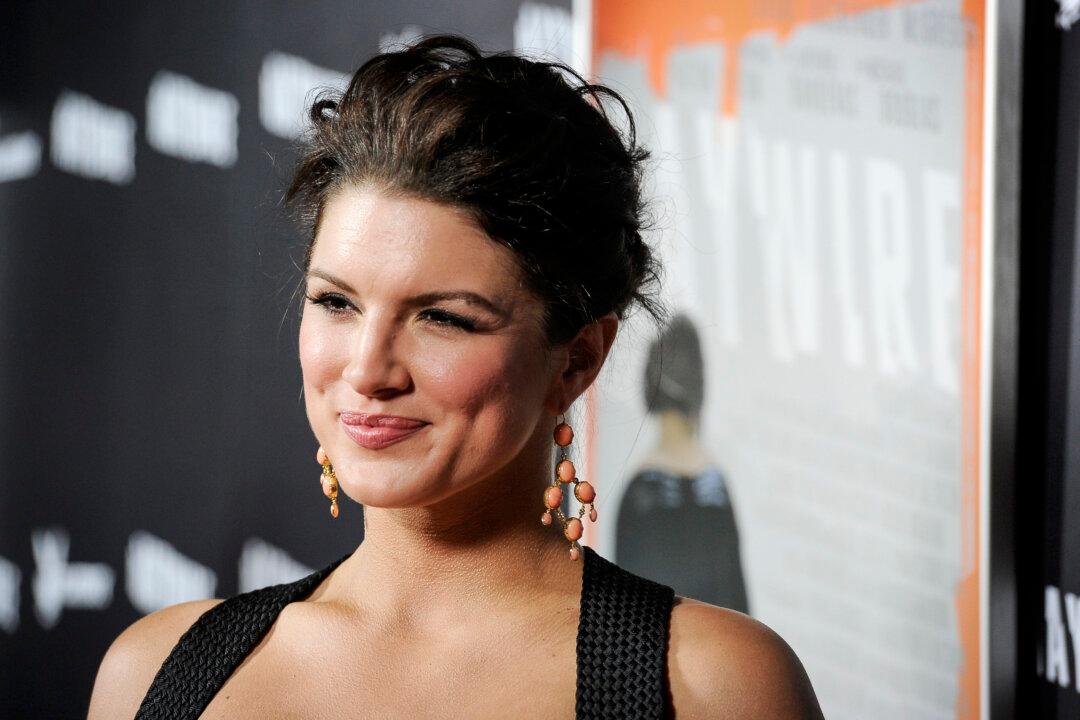Disney must face a discrimination lawsuit brought by actress Gina Carano, whom it fired from “The Mandalorian” in 2021, a federal judge ruled on July 24.
Disney terminated Ms. Carano after she posted on social media, including a post supportive of conservatives, and a quote from an executive saying “she didn’t align with company values.” That termination constituted illegal discrimination, Ms. Carano said in her suit, pointing to California law that prohibits employers from preventing employees from engaging in politics.





